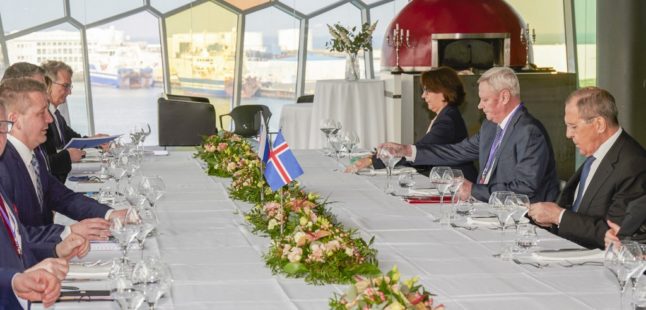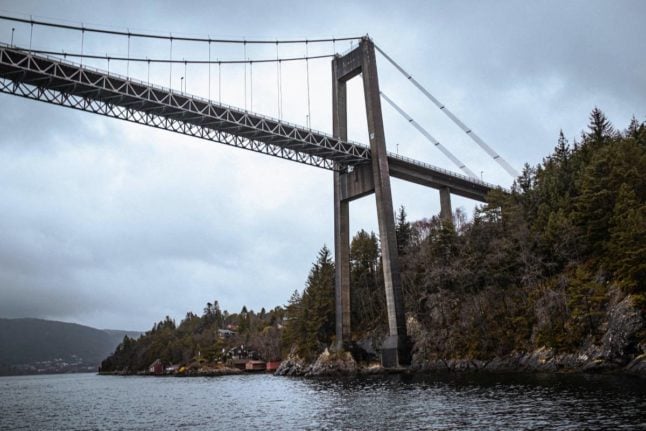After two years of Russia at the helm, Norway is taking over the reins of the intergovernmental forum, which was considered exemplary until the invasion
of Ukraine led seven of the eight members — the United States, Canada and the five Nordic countries — to suspend their meetings with Moscow.
“None of the member states have come out in favour of excluding Russia from the Arctic Council,” Norwegian foreign minister Anniken Huitfeldt told AFP on Wednesday.
“(But) because of the war of aggression launched by Russia, it will be a totally different chairmanship than what was envisaged,” she said.
For the actual handover, she, like her Western colleagues, declined an invitation from her Russian counterpart, Sergei Lavrov, to visit Siberia.
In contrast to earlier transfers, the formal handover will therefore take place online at a senior official level.
Experts believe sidelining Russia weakens the body, where the nations have been able to address issues of common interest — from environmental protection to sustainable development and the situation of indigenous populations in the Arctic region, which is warming four times faster than the planet as a whole.
Since its creation in 1996, the council has become the main forum for cooperation in the region.
The Arctic’s importance has increased with the accelerated retreat of the ice sheet. This opens up maritime routes and economic opportunities in oil, gas, minerals and fishing but it threatens the fragile ecosystem, vulnerable indigenous populations and the Earth’s climate.
Apart from some tensions during Donald Trump’s tenure in the White House, relations within the forum have generally been smooth, in part thanks to thorny issues such as security not being with its remit.
– Two Arctics? –
After suspending cooperation with Moscow in early March 2022, the seven other member nations (the A7) agreed to continue work that does not involve Russia’s participation. However, this only represents nearly a third of the council’s 130-odd projects.
“Can regional governance be truly meaningful and effective at a circumpolar level if an Arctic state as large as Russia were not at the table?” said Dwayne Ryan Menezes of the think tank Polar Research and Policy Initiative.
“Or will the Arctic split into rival spheres of influence, potentially alsowith competing forums for regional cooperation and governance – one involving the A7 and the other led by Russia and involving non-Arctic actors such as China?” he continued.
Isolated from the West, Moscow is increasingly focusing on ties to other powers — primarily China but also emerging nations such as Brazil, India,
Mexico and South Africa. In April, Moscow and Beijing signed a memorandum of cooperation for their coastguards in the Arctic.
Rasmus Gjedsso Bertelsen, a professor of Nordic studies at the Norwegian University of Tromso, said he was “critical of this Western policy of boycotting, which does not change anything on the battlefield in Ukraine but reduces our insight into the way Russians think”.
An Arctic Council cut in half “is of course much less valuable”, the Danish academic told AFP.
“It is very easy for the West to work together because we have a lot of common interests. But we should not neglect the Russian half, which is the most interesting and important with the Northeast Sea Passage and all its natural resources,” he argued.
In presenting the objectives of the Norwegian chairmanship in late March, Huitfeldt conceded that it was “far from certain” that the Arctic Council
could be preserved.
A month and a half later, by her own admission, it remains to be seen how the body’s work will continue.



 Please whitelist us to continue reading.
Please whitelist us to continue reading.
Member comments